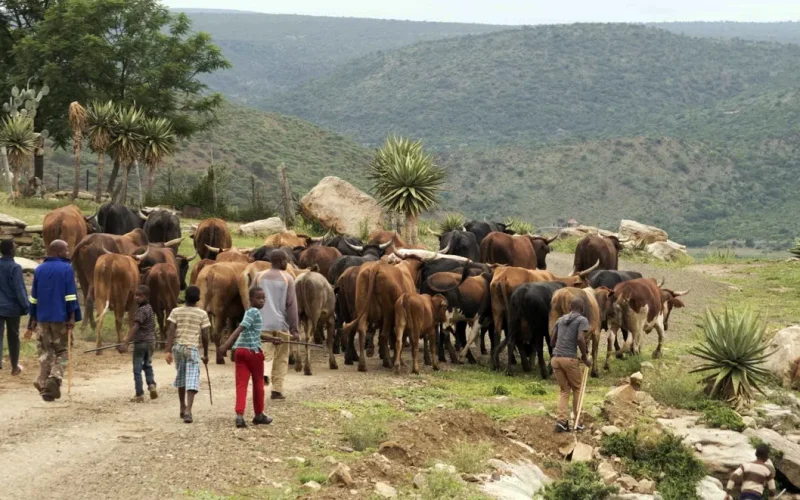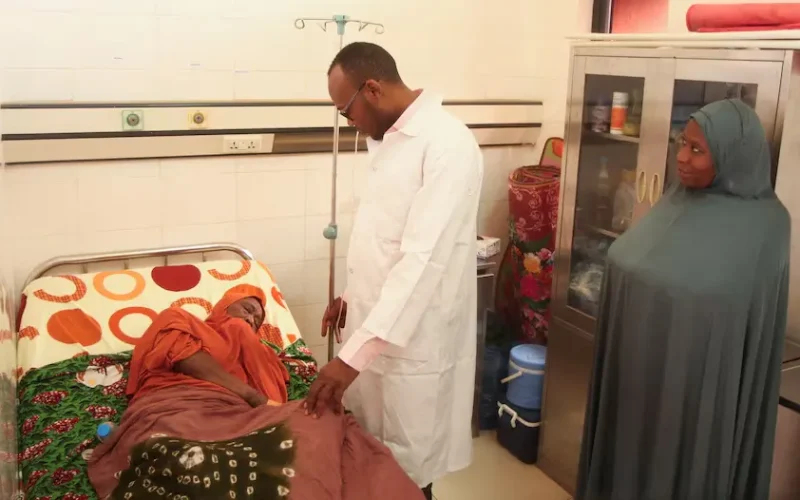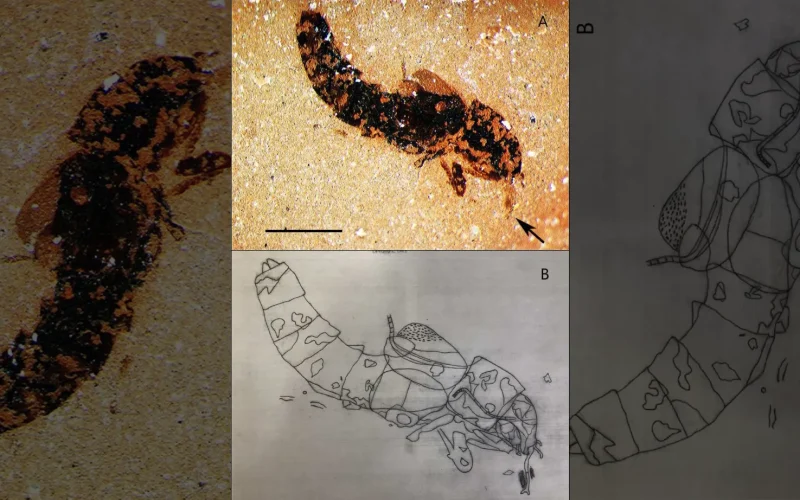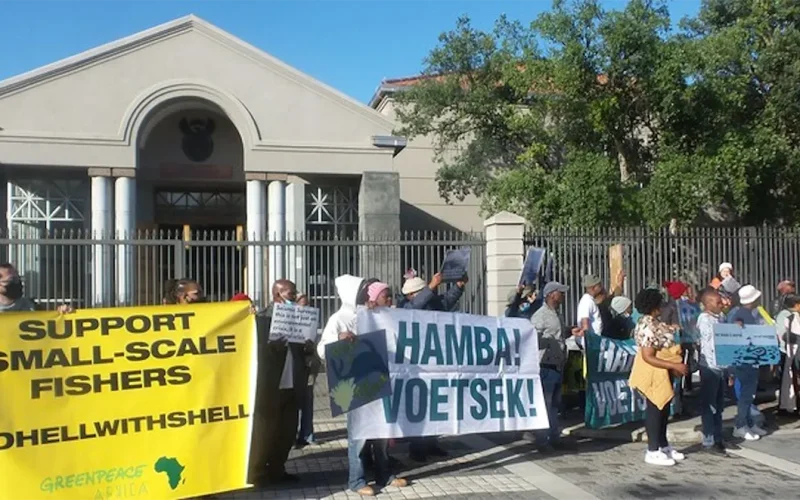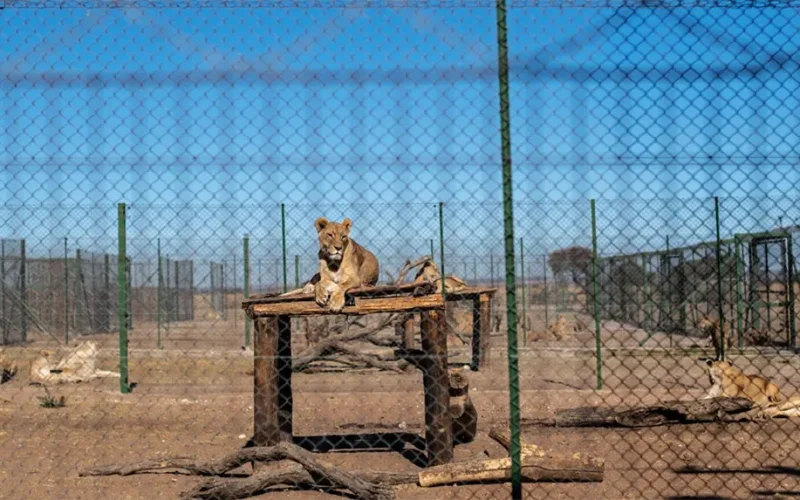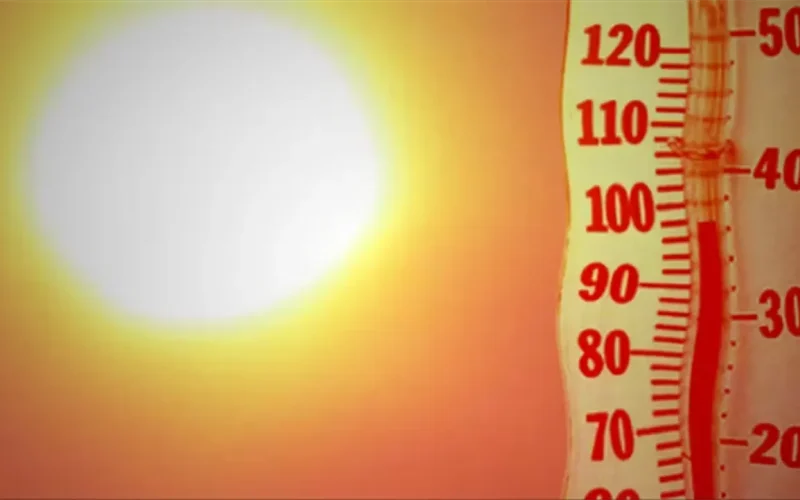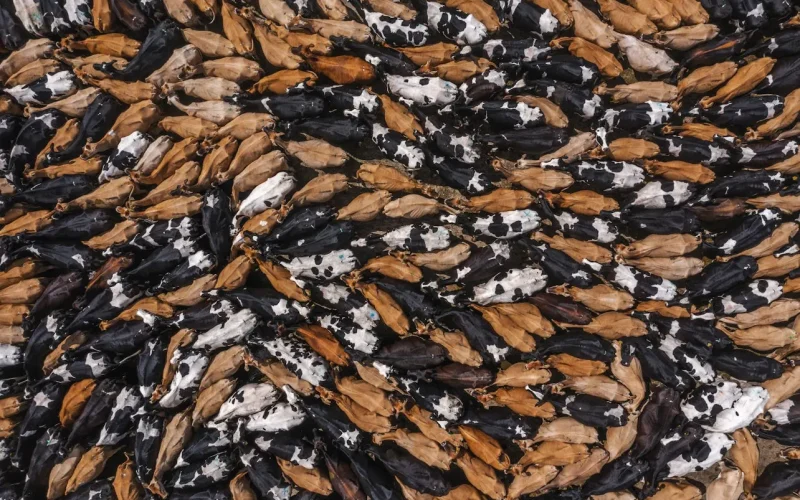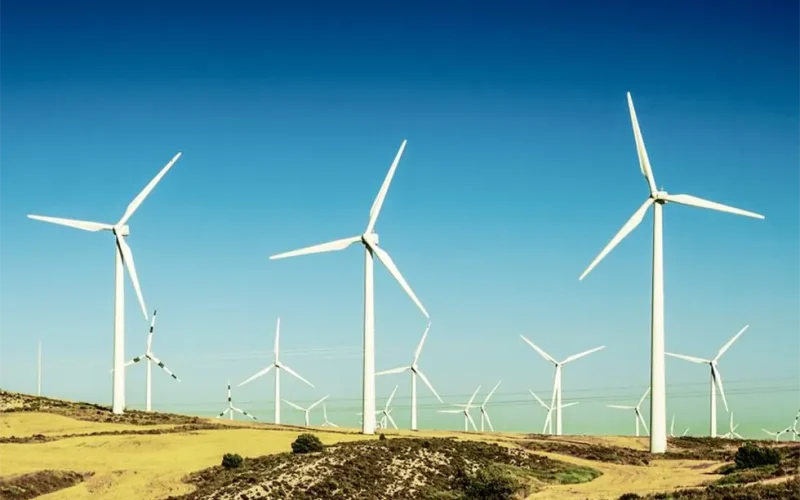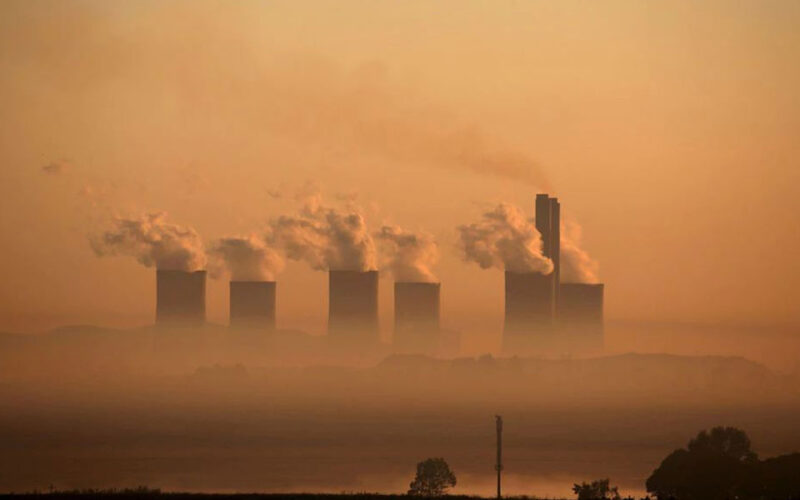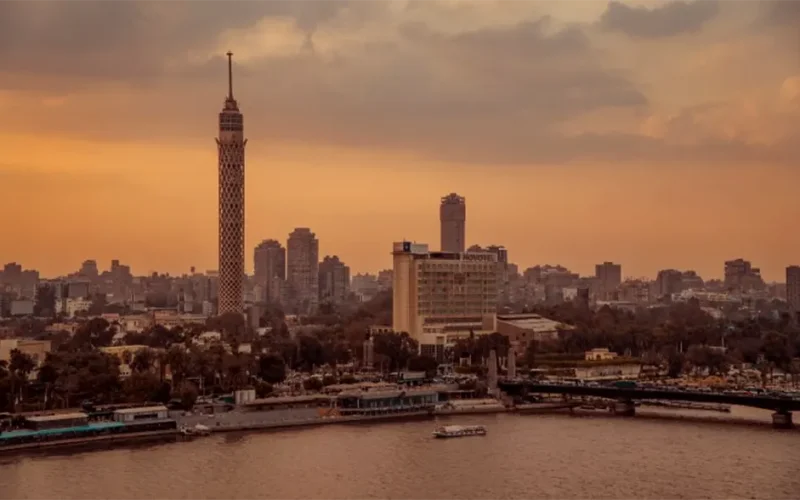
Africa’s megacities threatened by heat, floods and disease – urgent action is needed to start greening and adapt to climate change
CITIES cover just 3% of the planet. But they emit 78% of all global greenhouse gas emissions, absorb 80% of final global energy (what consumers use) and consume 60% of clean drinking water. African megacities like Lagos, Nigeria (with 21 million residents) and Cairo, Egypt (with 10 million residents) are experiencing significant temperature increases due to the urban heat island effect and climate change. Meelan Thondoo is a medical anthropologist and environmental epidemiologist who researches the health impacts of climate change in cities of fast-developing countries. She explains what cities in Africa are doing to mitigate climate change, and what…

